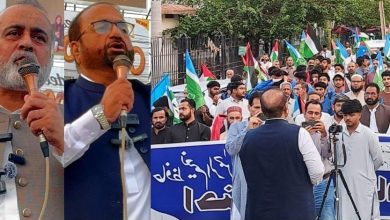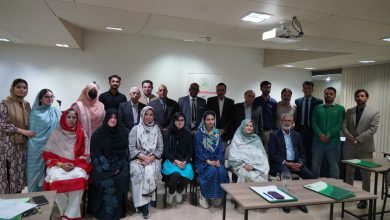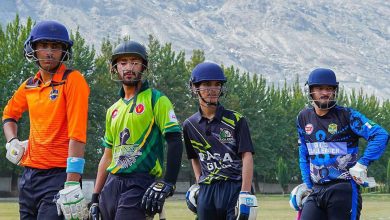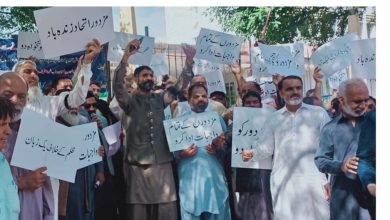Strengthening Gender Data to Boost Pakistan Rankings

Under the leadership of Chairperson Ume-Laila Azhar, the National Commission on the Status of Women convened a high-level roundtable with senior representatives of line ministries, leading academics and subject-matter experts to tackle persistent gaps in Pakistan’s gender data architecture and map a collaborative path to improve the country’s performance on the World Economic Forum Global Gender Gap indicators.
Participants reflected on outcomes from the National Dialogue on the WEF Global Gender Gap Report in June 2025 and agreed that Pakistan’s low scores—especially on political empowerment and economic participation—stem not only from social and structural barriers but also from limitations in data coverage, standardization and availability. The Pakistan Bureau of Statistics briefed attendees on the 14 WEF indicators and stressed that insufficient or non-standardized data, together with limited perception survey coverage, undermines an accurate national reflection in international indices.
Roundtable discussions identified several structural problems weakening the country’s gender data ecosystem. Data are fragmented across departments and institutions with no common metadata or harmonized classification, national perception surveys remain limited while some indicators rely on partial data from private providers, and outdated or unavailable government datasets delay or distort international reporting. These gaps combine with low representation of women in elected office and formal economic activity to depress Pakistan’s global ranking.
There was broad consensus that an institutionalized, cross-sectoral framework is needed to produce credible, comparable and timely gender statistics. Delegates endorsed immediate priorities to develop a Framework for Data Collaboration bringing NCSW, PBS, relevant line ministries and universities together to define roles, common data standards and channels for secure sharing. A technical working group will be established, drawing on PBS, NCSW, the Planning Division and academic leads, to draft standard data definitions, classification by domain and a metadata registry aligned to international norms.
To close evidence gaps, participants agreed to commission prioritized research and targeted surveys led by academic partners on subjects that directly affect WEF indicators, including women’s labour force participation, wage differentials, unpaid care work, political representation, sectoral occupational segregation and digital access. The group also committed to institutionalize periodic perception and administrative data collection methodologies that make data sources transparent and comparable over time, alongside capacity building for national statistical and research institutions on gender-sensitive data collection, sampling and reporting compatible with global best practice.
As immediate next steps the technical working group will prepare a draft Framework for Data Collaboration and a roadmap of priority actions for stakeholder review. PBS and partner universities will identify pilot datasets and short-term research projects to demonstrate practical alignment with WEF indicator requirements, while NCSW will facilitate follow-up consultations to finalise the framework and secure formal buy-in from line ministries.
Participants thanked PBS, partner ministries, the academic community and experts for their constructive engagement and commitment to evidence-driven policy. Strengthened, harmonized gender data will not only aim to improve Pakistan’s international ranking but will also enable better design and targeting of policies that advance women’s participation, rights and well-being.




